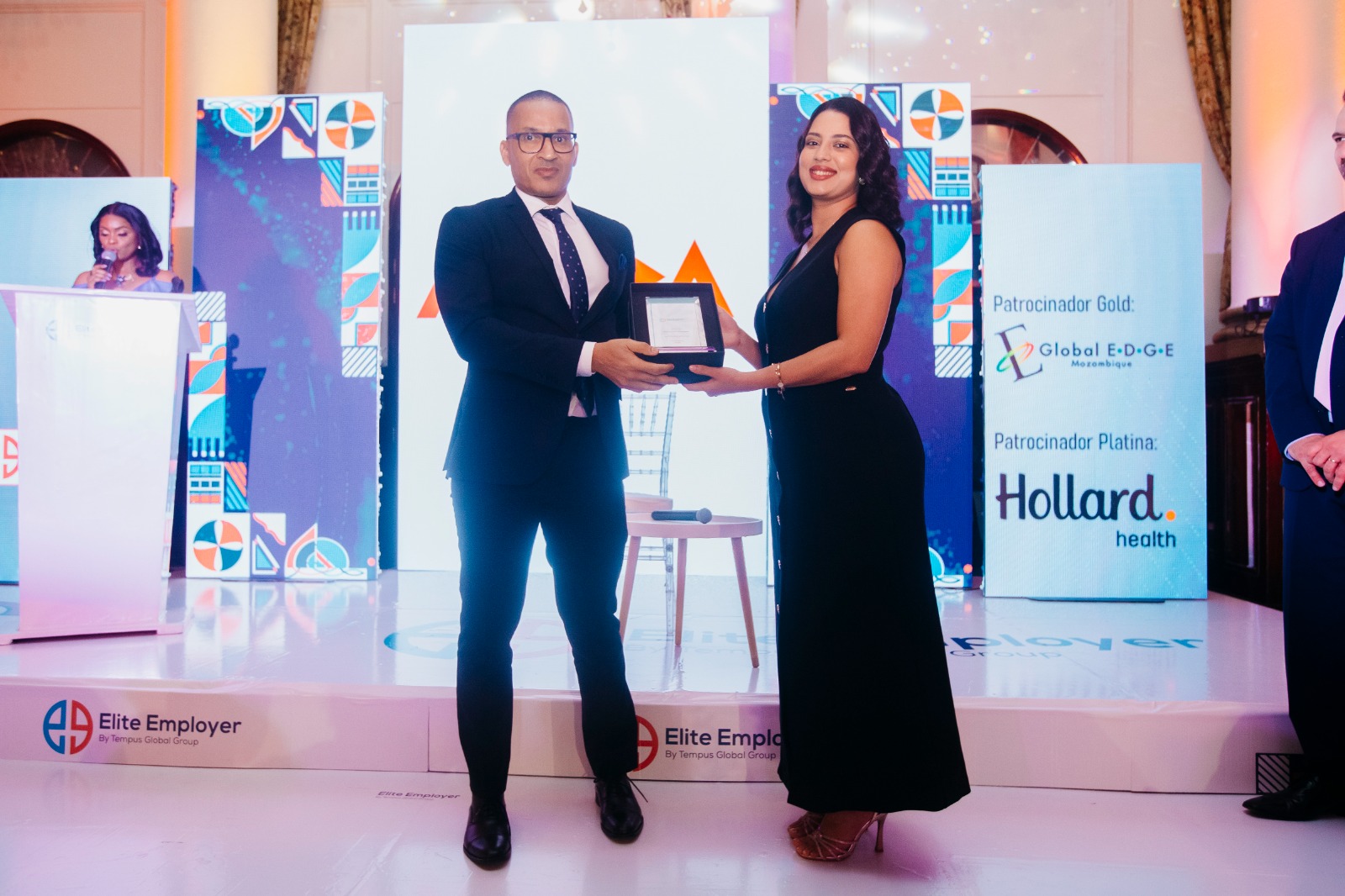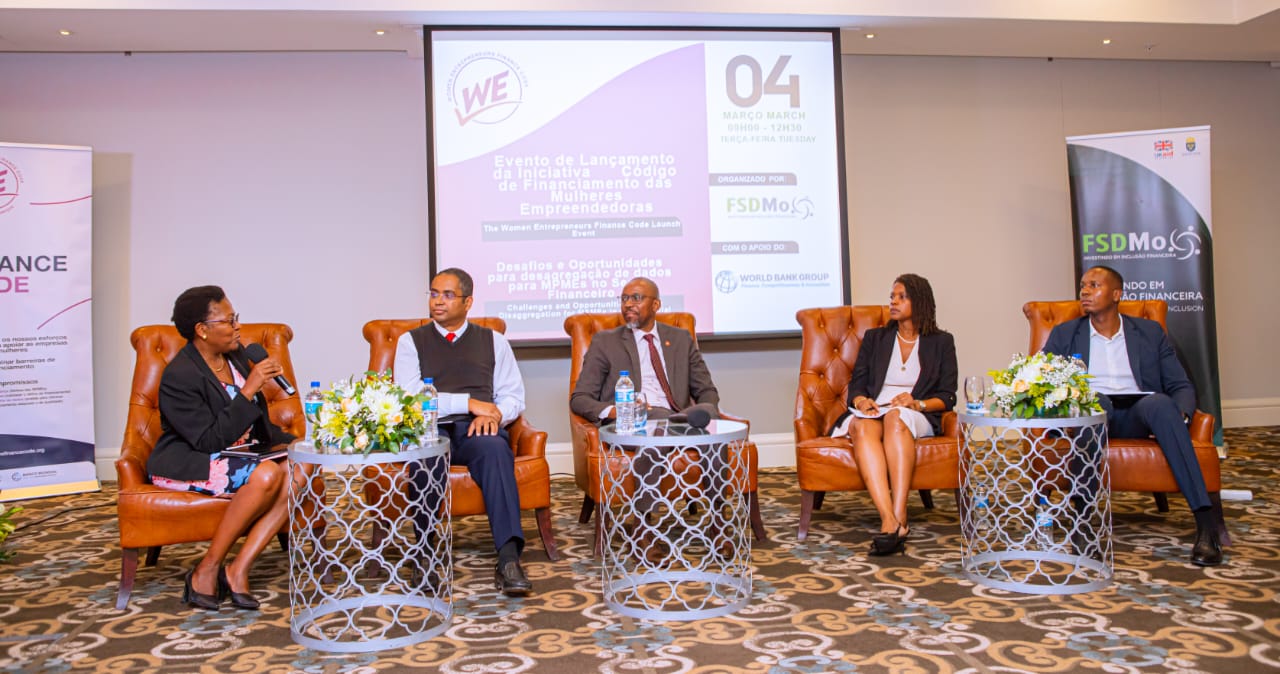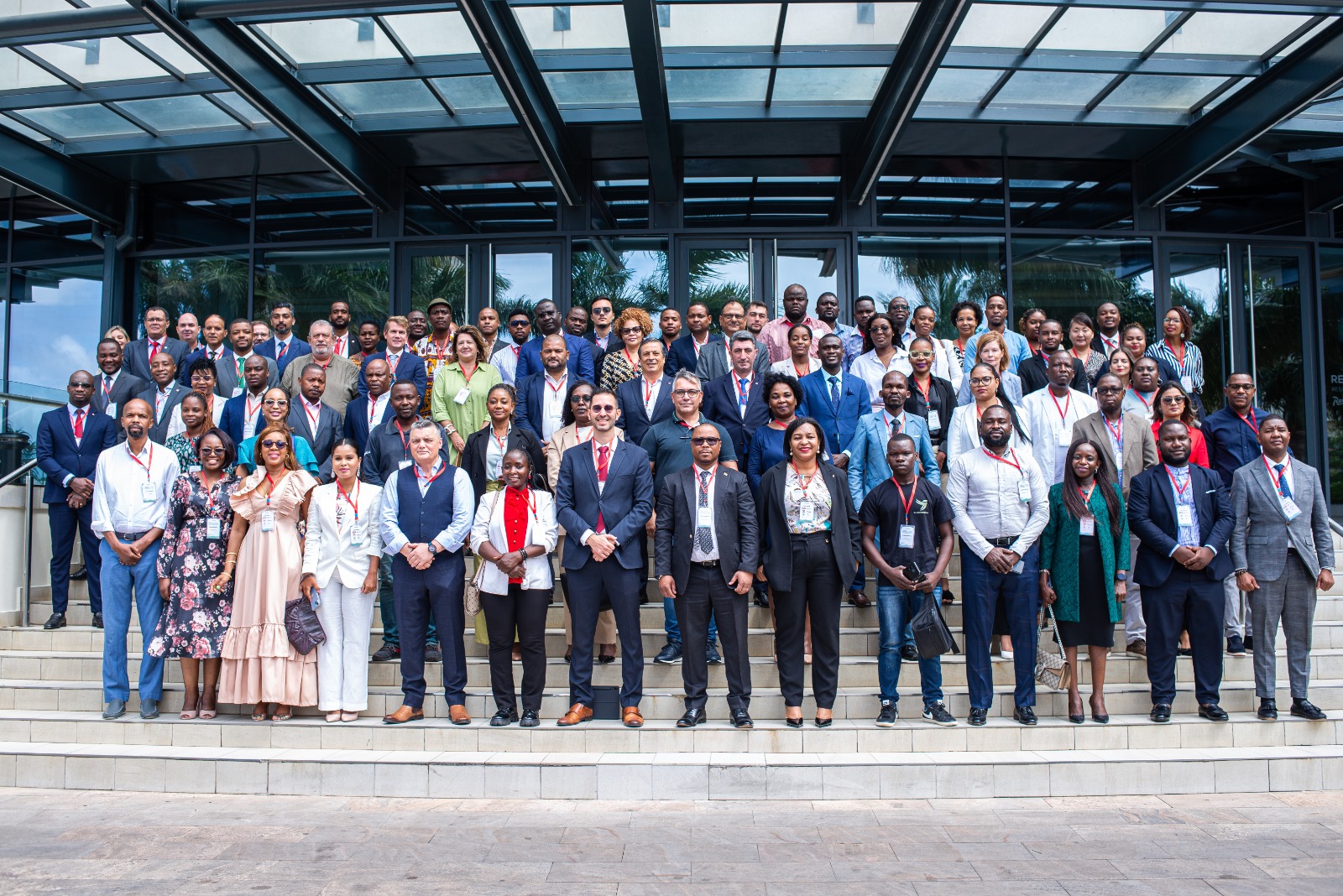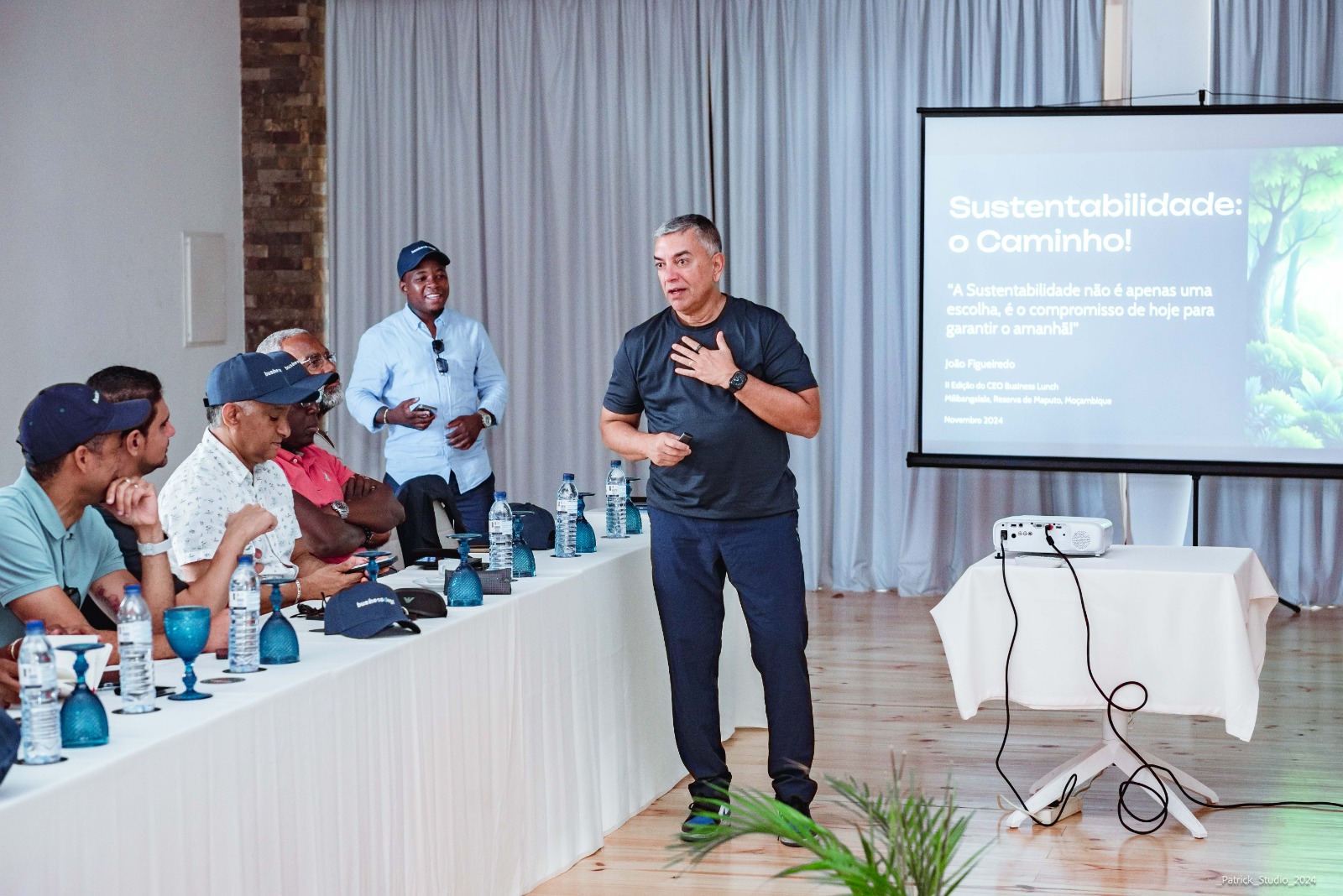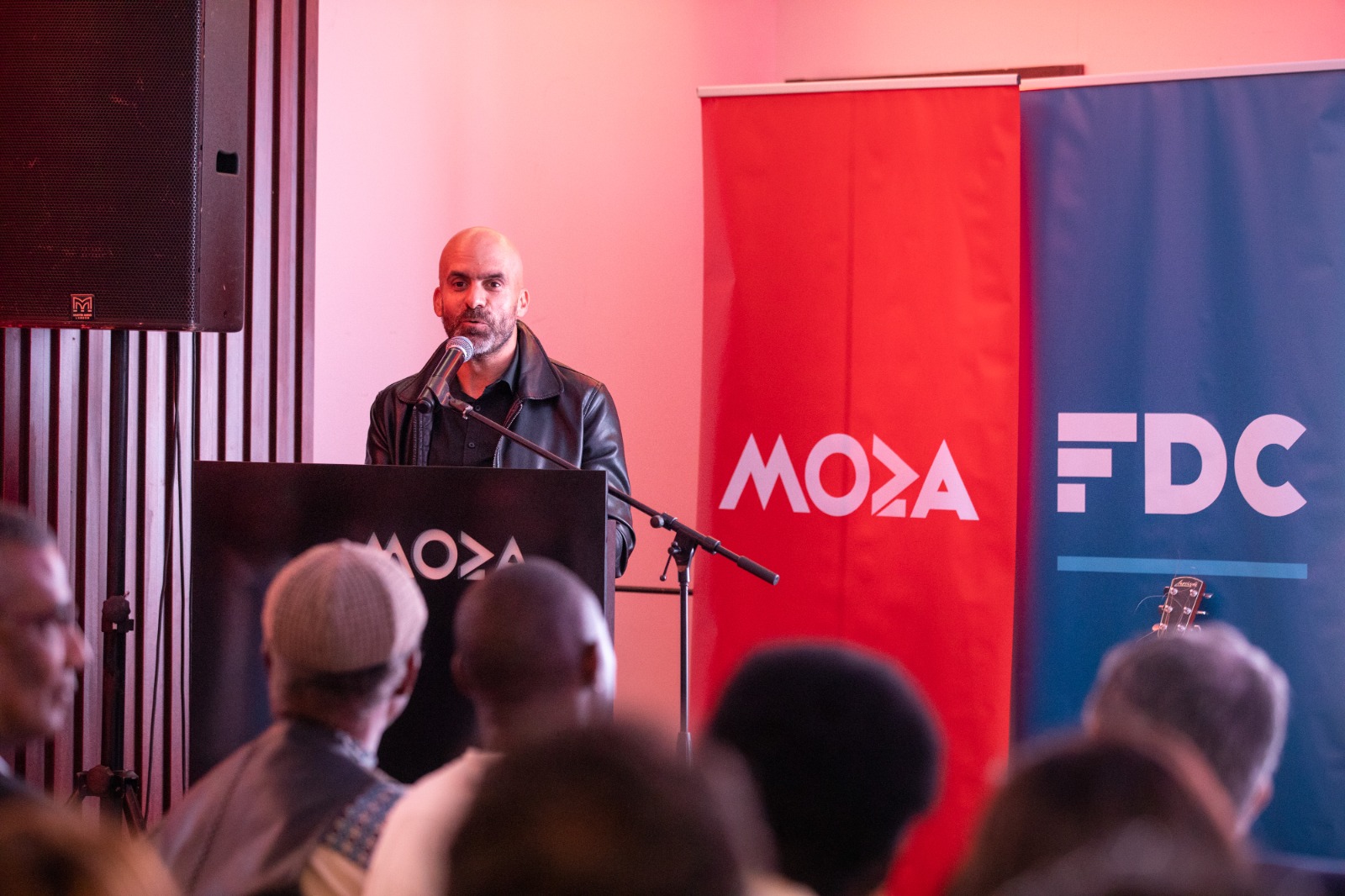Moza Banco among the best companies to work for in Mozambique
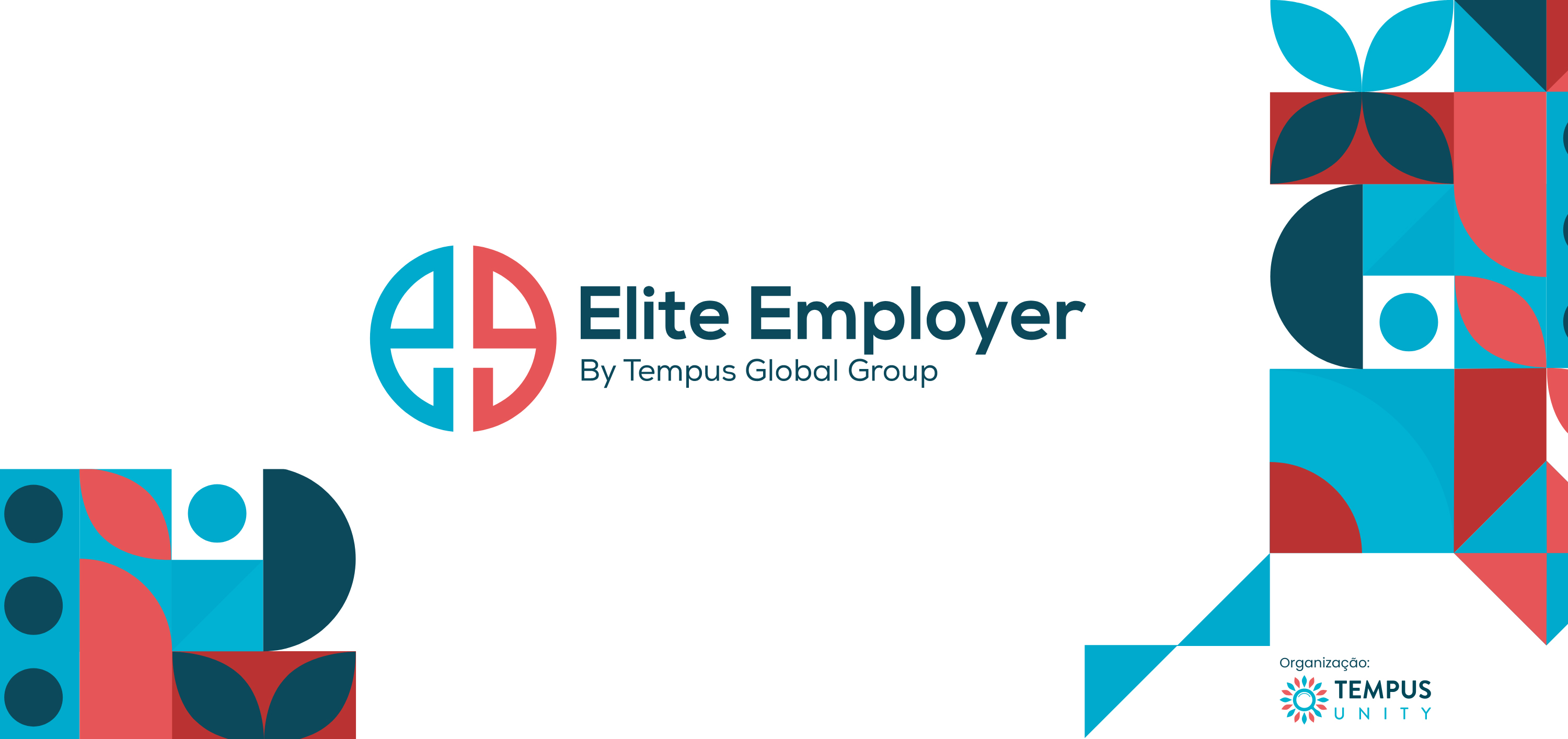
Moza Banco has been distinguished for the second consecutive year as one of the best organisations to work for in Mozambique. The award was given to the Bank by Tempus Global Group, in light of a survey that aimed to identify and recognize the organisations that offer a great working environment to their employees, and that are therefore positioned favourably to retain and attract the best professionals.
This time, the list of organisations involved in this, the largest benefits survey in Mozambique, increased by 40%, bringing the total number of organisations to 180.
Based on the results obtained, Tempus Global awarded the "Elite Employer" certification to organisations having evaluated four basic aspects of the survey, namely Compensation and Benefits; Work Environment; Career and Culture.
For the Executive Committee Member (MCE), Jaime Joaquim, this is yet another recognition attributed to the Bank, as a result of its commitment to ensuring the most favourable working conditions for its employees, constantly creating a familiar and welcoming environment at the workplace.
“For us, it is undoubtedly a moment of satisfaction, since even internationally recognised entities have rated us positively, with regard to the efforts we have been making to ensuring that our employees have good working conditions, in a favourable, welcoming and family-like environment. In fact, at Moza Banco, family is what we all are", the MCE highlighted.
With this award, Moza Banco has positioned itself among the market leaders, specifically in its sector, as one of the best employers in banking, in light of its policies of involving employees in internal strategies for growth, dynamism, innovation and transformation.
As "only people make a bank", Moza invests in human capital with empathy and proximity, ensuring that its employees and dependents know that they can always count on Moza.
19/05/2023



